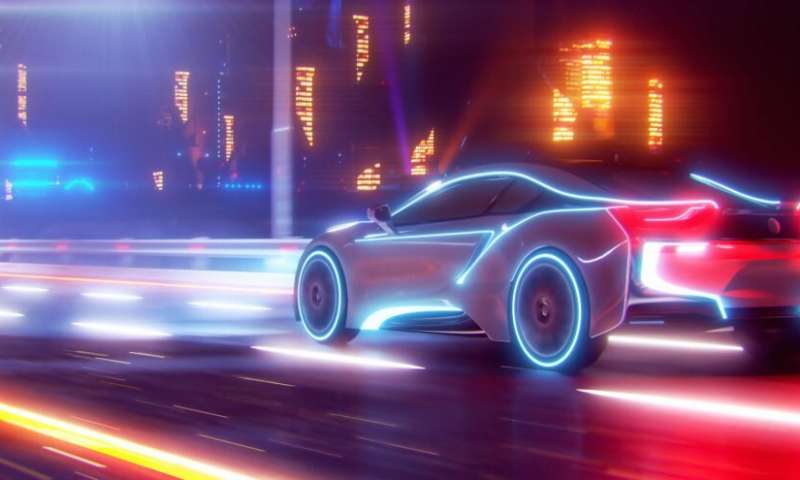Unveiling ASTRABAT

The European project ASTRABAT has launched its new website: discover our mission to make the future of mobility electric
27 May 2020 - The EU project ASTRABAT aims to develop optimal Lithium-ion (Li-ion) battery solutions to meet increasing demands, especially in the electric vehicle market. The goal is to fulfil Europe's need for a safe, powerful, sustainable and marketable battery for green mobility that could be manufactured in Europe on a massive scale. An overview of the key aspects of ASTRABAT is now available on the project website: http://astrabat.eu/.
The website describes motivations, goals and the technical aspects of the new solutions developed by ASTRABAT. It highlights how the project will go beyond the state-of-the-art of Lithium-Ion batteries to boost the uptake of electric mobility in Europe. During the project, which runs from January 2020 to June 2023, the platform will also act as an online repository of the main ASTRABAT results and publications and will be continuously updated. Finally, users may also subscribe to the ASTRABAT e-newsletter.
The project is run by a consortium of 14 partners from 8 European countries led by France's CEA. It includes leading research centres and universities, as well as companies specialising in batteries and energy. These partners have long track records in the field of battery technologies, including state of the art electrochemistry and modelling. The website was designed and developed by Fondazione iCons, the ASTRABAT partner leading the project communication and dissemination activities.
ASTRABAT is funded by the Innovation and Networks Executive Agency (INEA) of the European Commission, for a total budget of approximately €8M. The project is part of a broader drive by the European Union to boost electric mobility in order to help achieve its goal to slash green-house gas emissions by 80-95% by 2050. It is of strategic importance for Europe to come up with a competitive Li-ion battery and become self-sufficient in its energy transition models.
Further information
Online channels:
Website: astrabat.eu | LinkedIn: @astrabat-project | Twitter: @astrabat
Overview:
Horizon 2020 grant agreement number: 875029
Duration: 42 months (1 January 2020—30 June 2023)
Project Coordinator: Commissariat à l'énergie atomique et aux énergies alternatives (France)
Consortium: 14 partners from 8 countries (Belgium, France, Germany, Italy, Poland, Slovenia, Spain, Ukraine)
· Commissariat à l'énergie atomique et aux énergies alternatives (France)
· Fraunhofer-Gesellschaft zur Förderung der angewandten Forschung e.V. (Germany)
· Politechnika Warszawska (Poland)
· Umicore (Belgium)
· Nanomakers (France)
· DAIKIN Chemical Europe GmbH (Germany)
· Université de Limoges (France)
· Leitat Technological Center (Spain)
· Leclanché GmbH (Germany)
· Yunasko-Ukraine LLC (Ukraine)
· ELAPHE pogonske tehnologije d.o.o. (Slovenia)
· LOMARTOV S.L. (Spain)
· Fondazione iCons (Italy)
· PSA ID (France)
Contact:
Sophie Mailley (Project coordinator)
Commissariat à l'énergie atomique et aux énergies alternatives
E-mail: coordinator@astrabat.eu
Phone: +33 4 3878 2531
Press contact:
Giulio Mazzolo
Fondazione iCons—iCube Programme
E-mail: info@astrabat.eu
Phone: +39 0371 091065
Provided by iCube Programme